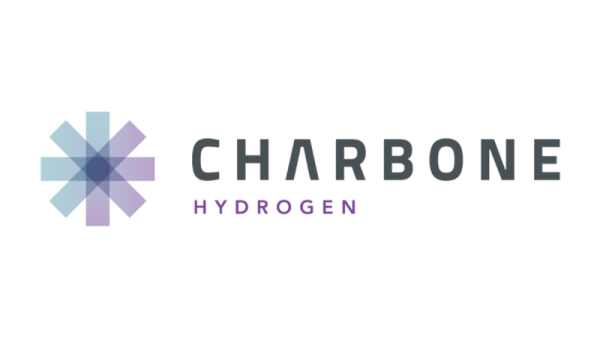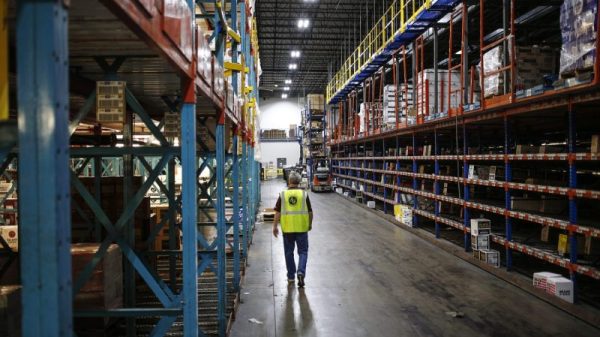Canada holds a significant presence in the global resource sector, but a recent KPMG survey shows mining leaders agree more work needs to be done if the country wants to be an industry leader in critical minerals.
While 91 percent of those polled are optimistic about the nation’s potential to become a key critical minerals player, a similarly overwhelming majority — or 98 percent of respondents — believe that much effort is needed to put Canada at the forefront. They’d like to see more investment and government commitment, as well as favorable tax policies.
Canada’s current Critical Minerals Strategy
While the mining leaders surveyed by KPMG want to see more action from Canada when it comes to critical minerals, the country has been advancing its Critical Minerals Strategy since its implementation in December 2022.
With substantial governmental backing worth nearly C$4 billion over eight years, notable milestones attained so far include the launch of the C$1.5 billion Critical Minerals Infrastructure Fund, which is aimed at fortifying clean energy and transportation infrastructure. Two critical minerals projects have also been allocated C$249 million.
Outside critical minerals, Canada is the primary producer of potash worldwide, as well as a top five producer of commodities like diamonds, gemstones, gold, titanium concentrate and uranium.
Canadian miners say decarbonization is a key challenge
Despite those efforts, the KPMG survey shows mining leaders are looking for more support from Canada.
The respondents described decarbonization as a paramount challenge confronting Canadian mining companies. They anticipate that due to heightened investor scrutiny, it will be key to focus on carbon-cutting initiatives moving forward.
At this point, only 23 percent of the companies surveyed have committed formally to achieving all scope-related carbon emissions reductions by 2050 or earlier. While more companies are looking to engage in long-term commitments, the mining leaders KPMG surveyed said the lack of domestic refining capacity is making this goal harder to achieve.
In addition, the reduction of Scope 3 emissions poses a more complex problem unless Canada invests more in local smelting and refining capacities. While Scope 1 and 2 emissions directly come from company-driven processes, Scope 3 emissions are unowned and indirect emissions that are produced across the company’s value chain.
Due to Canada’s limited capacity for domestic smelting or refining critical minerals, baseline emissions become harder to monitor and reduce for companies. KPMG Partner and National Mining Leader Heather Cheeseman explained in the firm’s press release how this deficiency poses a handicap for local companies.
‘Because Canada has relatively little smelting or refining capacity for most critical minerals, the intermediary minerals Canada produces are shipped to smelters around the world. Until Canada has the capacity to smelt or refine what’s mined here, the miners will be limited in what they can do,” she said.
Tax credit concerns top of mind for Canadian miners
KPMG also asked survey respondents about Canada’s Critical Mineral Exploration Tax Credit (CMETC).
Although it has facilitated financing for critical minerals exploration, the mining leaders said its complexity and limited applications have raised concerns regarding its actual benefits.
For example, the CMETC applies only to 15 of the 31 critical minerals listed in Canada.
KPMG also found that survey respondents have growing concerns about the potential non-renewal of the 15 percent federal Mineral Exploration Tax Credit in the 2024 budget. This credit incentivizes exploration targeting critical minerals excluded from the CMETC, as well as other non-critical minerals such as gold and silver.
Investor takeaway
Despite Canada’s established position in the mining sector, there is untapped growth that awaits behind a wall of challenges. Mining leaders hope that through concerted efforts, Canada can realize its potential as a global leader within the critical minerals industry, and are looking for strong government support in several areas.
Securities Disclosure: I, Giann Liguid, hold no direct investment interest in any company mentioned in this article.







































